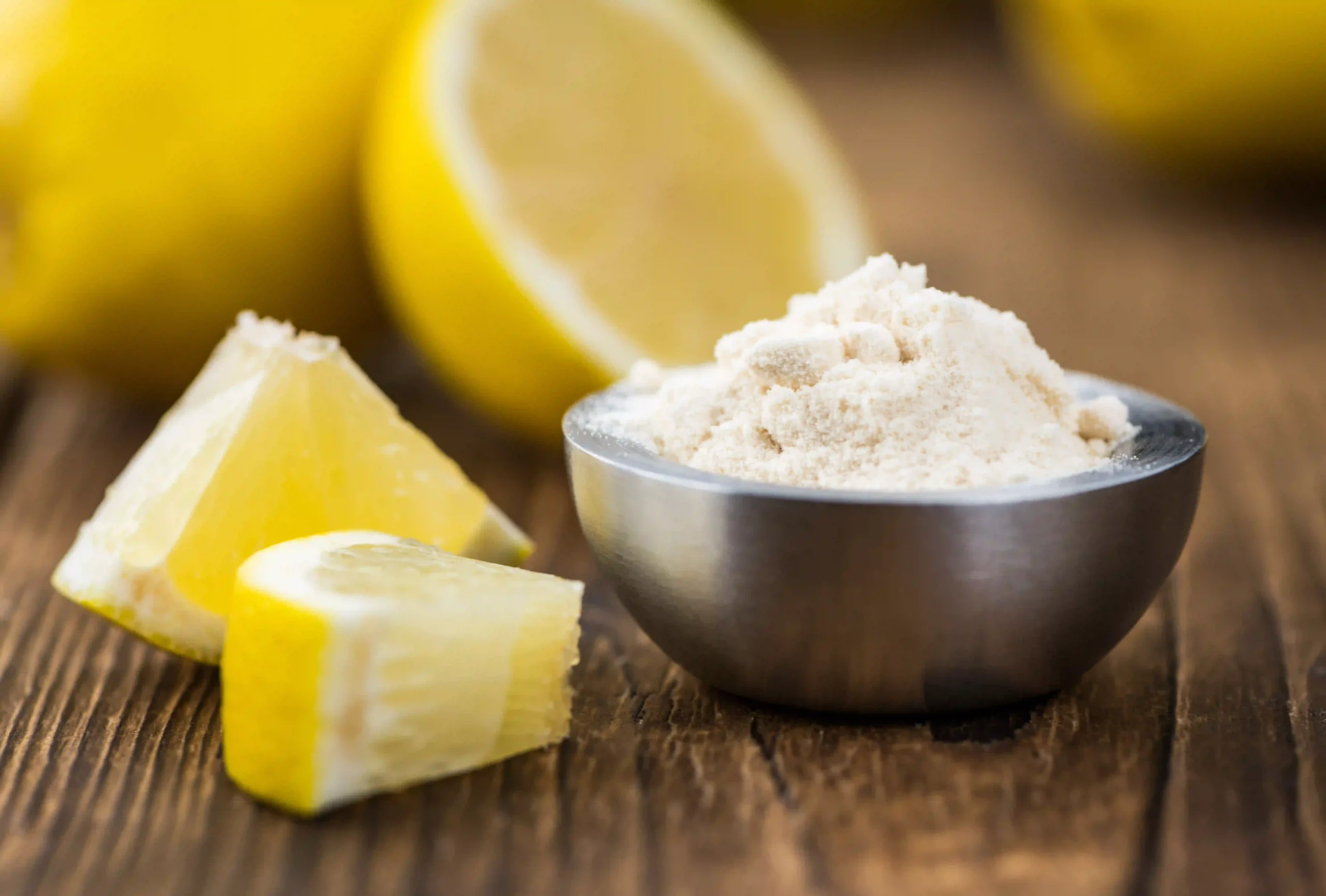Mango Intake and Its Impact on Chronic Inflammation and Insulin Resistance
Chronic low-grade inflammation is closely linked to insulin resistance and poor glycemic control, which are key factors in the development of type 2 diabetes mellitus (T2DM). A recent study explored the effects of regular mango consumption on inflammation and insulin sensitivity in individuals who are overweight or obese and suffer from chronic low-grade inflammation. The study employed a randomized, controlled, two-arm, parallel design, incorporating a 2-hour oral glucose tolerance test (OGTT) before and after a 4-week period of mango or control product intake (1 cup, twice daily). Blood samples were collected both fasting and over a 2-hour period post-OGTT to analyze plasma metabolic and inflammation markers using advanced statistical methods (SAS 9.4).
Study Design and Participant Demographics
The study involved 48 adults with an average age of 37.6 years and a BMI of 30.5 kg/m². Participants were divided into two groups: one consumed mango, while the other consumed a control product. The primary focus was to measure changes in inflammation markers such as IL-6, TNFα, and hs-CRP, as well as metabolic endpoints like fasting glucose and insulin levels.
Key Findings
1. Inflammation Markers: No significant differences were observed in the levels of IL-6, TNFα, and hs-CRP after 4 weeks of mango consumption compared to the control group (p > 0.05).
2. Fasting Glucose: The intervention did not significantly affect fasting glucose concentrations.
3. Insulin Levels: There was a notable reduction in fasting insulin levels in the mango group compared to the control group (8.2 ± 1.2 vs. 15.3 ± 1.2 µIU/mL, p = 0.05).
4. Insulin Sensitivity: The Homeostasis Model Assessment of Insulin Resistance (HOMA-IR) and the disposition index (DI) showed significant improvements in the mango group (HOMA-IR, 2.28 ± 1.19 vs. 4.67 ± 1.21, p = 0.03; DI, 2.76 ± 1.02 vs. 5.37 ± 1.03, p = 0.04).
5. Post-OGTT Insulin Levels: Mean insulin concentrations were significantly lower at week 4 compared to baseline in the mango group (intervention × week effect, p = 0.04).
6. Antioxidant Defense: The relative expression of nuclear factor erythroid 2-related factor 2 (Nrf-2), a gene that regulates endogenous antioxidant defense, showed a non-significant twofold increase in the mango group (W4 vs. W0).
Conclusion
The study suggests that regular mango intake can enhance insulin sensitivity in individuals with chronic low-grade inflammation, potentially through the activation of Nrf-2 genes and an increase in cellular antioxidant status. These findings highlight the need for further research into the role of mango consumption in dietary patterns aimed at addressing insulin resistance and understanding the underlying mechanisms.
Commentary by SuppBase columnist Alice Winters

The study on mango intake and its effects on insulin sensitivity and chronic inflammation presents some compelling findings, particularly for individuals struggling with overweight or obesity and associated metabolic issues. Here’s a deeper analysis of the key aspects and implications of this research:
Ingredient Analysis and Nutritional Value
Mangoes are rich in vitamins, minerals, and bioactive compounds such as polyphenols, which have been shown to possess anti-inflammatory and antioxidant properties. The study’s focus on Nrf-2 activation is particularly intriguing, as this pathway is crucial for cellular defense against oxidative stress. The non-significant increase in Nrf-2 expression suggests a potential mechanism by which mangoes could improve insulin sensitivity, though more robust evidence is needed.
Efficacy and Health Benefits
The significant reduction in fasting insulin levels and improvements in HOMA-IR and DI are promising indicators of mango’s potential benefits for insulin sensitivity. These findings align with previous research on the glycemic benefits of polyphenol-rich fruits. However, the lack of significant changes in inflammation markers like IL-6 and TNFα suggests that mango’s primary benefits may be more directly related to metabolic regulation rather than systemic inflammation reduction.
Safety and Dosage
The study utilized a dosage of 1 cup of mango twice daily, which appears to be well-tolerated with no reported adverse effects. This dosage is practical and can be easily incorporated into a daily diet, making it a feasible intervention for those looking to manage insulin resistance through dietary changes.
Market Feedback and Consumer Suitability
Given the growing consumer interest in natural and food-based interventions for health issues, mangoes present an attractive option. Their sweet taste and versatility in culinary applications make them a palatable choice for a wide range of consumers, including those who may be averse to more traditional supplement forms.
Brand Credibility and Market Trends
While this study provides valuable insights, it’s essential to consider the broader context of market trends. The demand for functional foods that offer specific health benefits is on the rise. Brands that can effectively communicate the science-backed benefits of mangoes, as highlighted in this study, are likely to gain a competitive edge.
Conclusion and Future Directions
This study adds to the growing body of evidence supporting the role of dietary interventions in managing insulin resistance and metabolic health. However, further research is needed to confirm these findings, explore the mechanisms in greater detail, and determine the long-term effects of regular mango consumption. For consumers, incorporating mangoes into a balanced diet could be a simple yet effective strategy to enhance insulin sensitivity and overall metabolic health.
In summary, while the study offers promising insights, it also underscores the importance of continued research to fully understand the potential health benefits of mangoes and their role in dietary patterns aimed at combating insulin resistance and chronic inflammation.



